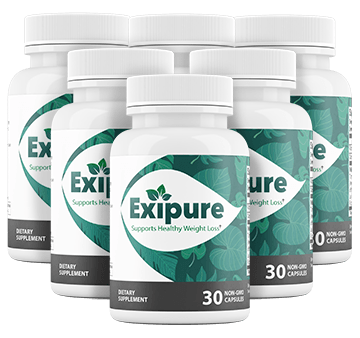Should You Tell Your Doctor You Smoke Weed (or Do Other Drugs)?

Sure, you’re an grownup, capably managing your grown-up duties (more often than not), however sure questions out of your physician can nonetheless make you time-travel again to childhood and fudge your reply—and even downright lie.
Case in level: questions on substance use. This contains the authorized stuff, in fact, like alcohol and cigarettes. But when your doc poses this question, they’re additionally questioning about dietary dietary supplements (suppose: nutritional vitamins, natural dietary supplements, probiotics), semi-legal drugs like marijuana, and unlawful substances, too, comparable to cocaine, LSD, and different drugs.
It additionally contains prescription drugs that weren’t prescribed to you straight and dietary supplements aimed toward boosting your sexual or exercise efficiency.
Experts In This Article
- Alexa Mieses Malchuk, MD, MPH, a board-certified household medication doctor and District Medical Director at One Medical in North Carolina
- Samuel Mathis, MD, a board-certified household medication physician and assistant professor of household medication on the University of Texas Medical Branch
- Divesh Goel, MD, board-certified household medication physician
When we polled readers about their largest health questions for our Real Talk Rx collection, we discovered a lot of you wonder if you need to inform your physician you smoke weed or in any other case be completely trustworthy about your substance use. Here’s what our panel of MDs needed to say.
So, do you have to inform your physician you smoke weed? And what about different substances?
“What I always tell folks is that physicians went to medical school. We have a specialized medical knowledge that we ultimately use to keep you healthy. So sometimes there are things you may not perceive as impacting your health, but your physician may actually have some information to offer or some counseling to provide.
So I encourage people to tell their doctors about every substance. And by that I mean not just medications that are prescribed to you, but sometimes people use medications from friends or family and don’t have a prescription for it. Make sure you share that with your doctor as well.
You want to share any supplements you take. Nutritional supplements, how much caffeine and alcohol you consume, and other drugs. There are some that people may not think to share. For example there are drugs that folks use to enhance their sexual performance that they may not associate with being an actual drug or substance.”
I’m not the police, I’m your physician. We’re not right here to admonish individuals. There’s no judgment. We’re right here that can assist you. —Divesh Goel, MD

“You should tell your doctor everything!
I tell patients, ‘I’m not the police, I’m your doctor.’ It usually works because I’m pretty casual, and they feel like they can tell me everything: Drug use, non-prescribed [medication] use, herbs, supplements, even if it’s a multivitamin, even if it’s folate or post- or pre-workout supplements.
Everybody can Google things or read articles, but doctors study it. We’re not here to admonish people. There’s no judgment. Our point of view is really to consult for you. We’re here to help you.”

“An open conversation with your physician is vital to help your doctor understand you as a person. And to help them understand how to best make recommendations.
If you smoked pot in college, but you haven’t done it in 30 years, that may not be as important of a discussion. Could you still tell them that you tried it once? You can, but if you’re not regularly using it or haven’t used it in the last five to 10 years, it’s probably not a huge issue.
With other substances like LSD, cocaine, and heroin, though, maybe you need to have that conversation because of the long-term effects and complications those substances could have on you in the future. Knowing that you’ve [used these] substances in the past can be really helpful for me as a doctor to make recommendations, or determine if any health complications are from heavy use in the past.
I would always recommend to share with your doctors what supplements you are taking. Many times those supplements could have interactions with prescription medications. Knowing what herbs or supplements you’re taking can also help your doctor make recommendations on whether you should stop taking them because of potential side effects with other medications.”
The takeaway
When it involves substances—whether or not it’s marijuana or multivitamins—consultants agree: The greatest coverage is honesty.
Doctors have good causes for quizzing you in your substance use—and no, it’s not simply nosiness. (Nor do they often care concerning the legality of what you are utilizing. In almost all circumstances, what you inform your physician will probably be protected by physician-patient confidentiality, in response to The Ohio State University Wexner Medical Center, until you are at severe danger of injuring your self or others.)
Rather, docs ask as a result of many substances have health implications. Take nutritional vitamins, for instance: Some can work together with prescribed meds, in response to the Mayo Clinic. Regular marijuana use might imply you’ll want extra anesthesia throughout surgical procedure, in response to UCHealth, whereas utilizing cocaine can result in fast unwanted side effects and doubtlessly lasting adjustments to heart health, per the American Heart Association.
In different phrases, taking substances might straight have an effect on your health, within the brief or long run, and if you happen to’re open along with your physician, it could actually assist them know what to search for and higher perceive your total health.
Confused about your health? Get solutions to extra widespread questions in our Real Talk Rx collection.






